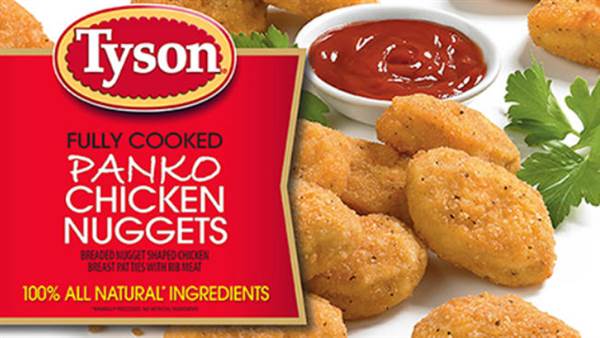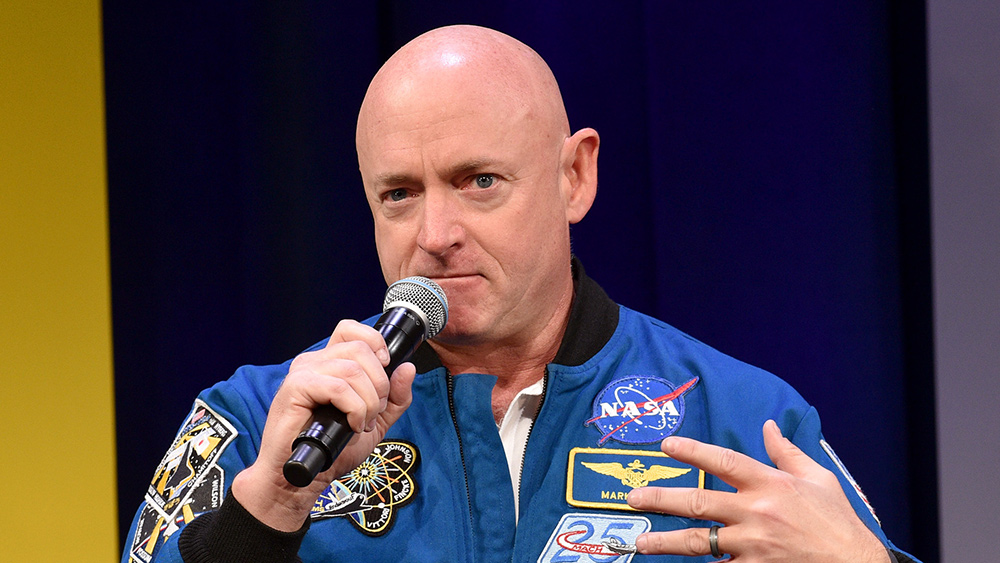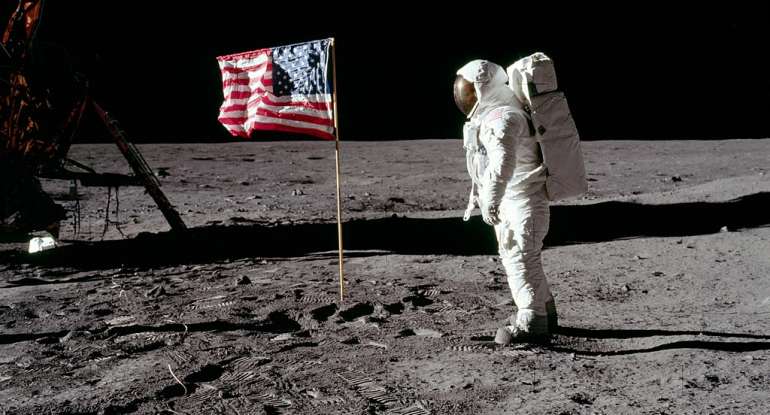
The same Australian partnership that came up with space beer are now working on an appropriate space bottle. In a Space.com article, the new design will allow astronauts to enjoy beer and other beverages in microgravity.
4 Pines Brewing and Saber Astronautics Australia have previously collaborated to make "Vostok Space Beer." This stout beer is formulated so that it can be poured and drunk in low-gravity environments. Now the two companies are raising funds on Indiegogo to fund the industrial design of a bottle that will work in space.
In an email statement, the cofounder of 4 Pines and the CEO of Saber Astronautics explained that beer is the leading entertainment drink in the history of humankind. A casual drink in space would affirm that humankind feels at home there.
NASA does not allow its astronauts to drink even a single drop of alcohol. Other professional spacefarers are similarly strict.
With this in mind, Jaron Mitchell of 4 Pines and Jason Held of Saber Astronautics added that their research also involves how microgravity will change the drinking limits of humans. That knowledge will allow space explorers to finally enjoy a hard-earned and well-deserved beer.
The bottle design for Vostok Space Beer is the latest experiment involving beer in space. Both the Americans and Russians experimented with fermentation, beer-related crops, and freeze-dried beer in the past. (Related: Scientists study how proteins affect the quality, flavor and bubbles of beer.)
Prototype bottle will allow space beer to be drunk in microgravity
Named after the spacecraft that took the first man into space, Vostok Space Beer contains less carbonation and high flavors compared to ordinary beers. The reduced carbonation makes it easier to drink without diluting the flavor.
Further research on the beer will determine the rate of its absorption at different levels of gravity.
In addition, the researchers want Vostok to be drunk without the need for a straw. They reasoned that astronauts would appreciate a drinking experience like that on Earth.
Therefore, the new bottle features a passive feed system. It transports its liquid contents via surface tension, a method that would work in microgravity.
To test how well the beer kept its surface tension inside the bottle, glass, plastic, and stainless steel versions were dropped from 75 feet (23 meters). Researchers also tested the wicking insert that enables the passive movement of the bottle's contents.
Most importantly, the initial prototype bottle was taken on a parabolic flight that could achieve multiple periods of microgravity conditions. During the flight, the 4 Pines and Saber researchers tested bottles made from PLA 3D-printed plastic and stainless steel that was rated for medical work.
Mitchell and Held reported that the PLA plastic prototype was chosen for production. Now their researchers are focusing on the mouthpiece of the bottle.
Two designs have undergone a number of rounds of industrial design. The prototype bottles are ready for parabolic flight testing, which is scheduled for 2019.
Australian companies cooperate on designing bottle for space beer
Saber and 4 Pines share equal stakes in the space beer bottle. The two Australian companies split the seed funding to develop Vostok.
4 Pines is in charge of brewing the space beer. It also advises Saber on mechanical requirements for the bottle design.
In turn, Saber advises its partner on modifying the beer recipe for space. It handles research and development, test flights, and engineering for the bottle.
Vostok Space Beer is distributed by 5,000 stores across Australia. Proceeds from the sales fund the beer bottle project. Mitchell and Held say they will soon distribute the product to the U.S. and U.K.
Read more articles about the growing number of space-related civilian ventures at SpaceTourism.news.
Sources include:
Please contact us for more information.





















